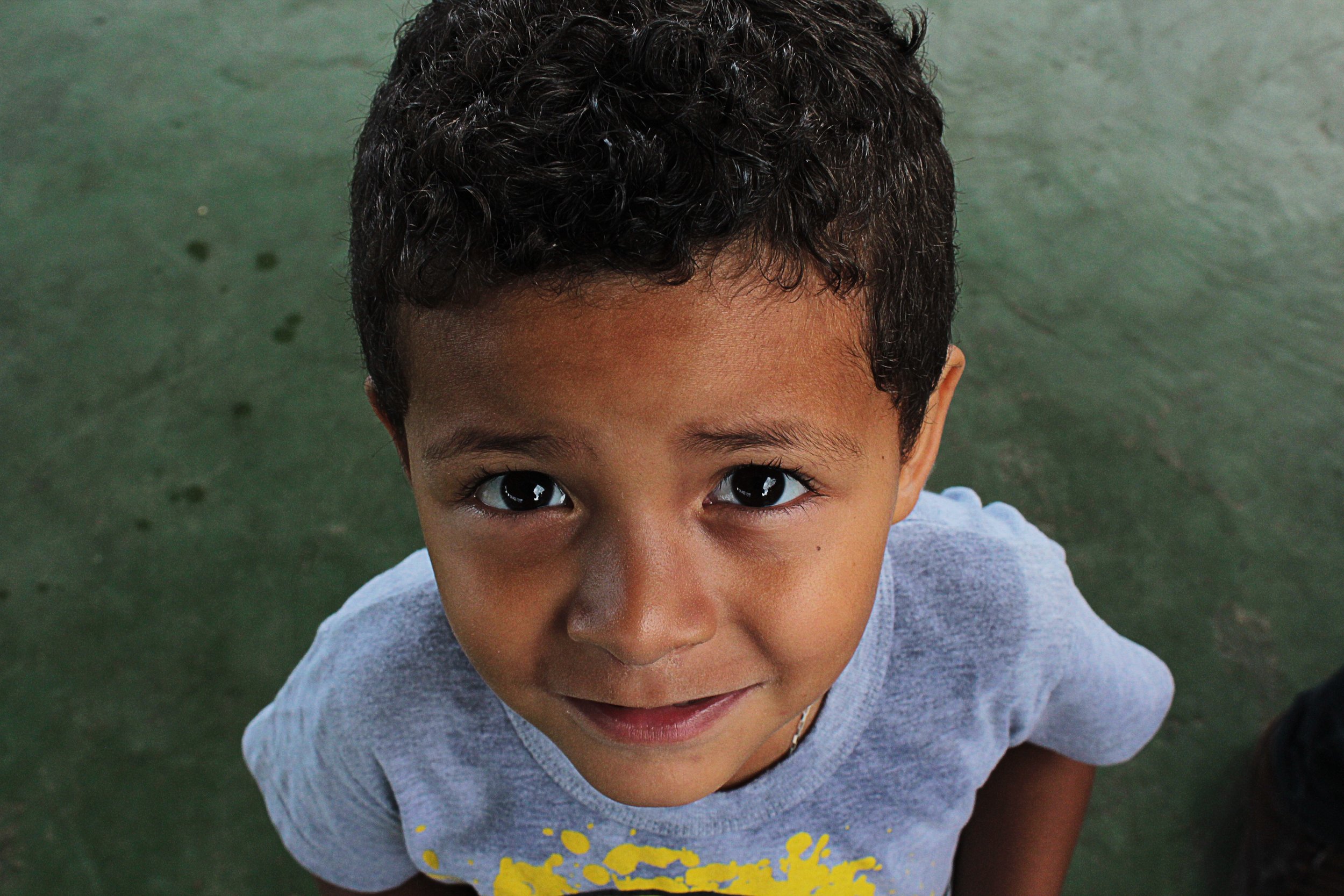Learning to recognize and control our emotions is a life-long endeavor, one that can reap major rewards.
But as the father to two small children, I got to wondering:
How can I help my children develop their own emotional intelligence?
I spoke recently with Denise Daniels, author and noted child development expert. Denise specializes in the social and emotional development of children, and she’s appeared on numerous national TV programs from Oprah to the Today show, where she was a regular parenting contributor.
She’s also had some unique experiences over the years, which include:
- Serving as executive director of the nonprofit organization the National Childhood Grief Institute, where she traveled the globe to help children deal with emotions
- Visiting areas affected by Hurricane Katrina and the tsunami in Southeast Asia, where she and her team helped children cope with unimaginable losses
- Creating a first-of-its-kind children’s brand, The Moodsters, which is designed to help children develop their emotional intelligence
I asked Denise to share some advice in helping children develop awareness and control of their emotions.
Here are her tips:
1. Encourage “self-directed” play.
“Self-directed” play means that the child chooses what to play and how to play it, making up the rules as she goes along. There’s no adult saying, “Oh, let’s do this,” and directing the activity.
This kind of play is so great because it allows kids to use their creativity and imagination and contributes to healthy brain development. There are lots of other benefits, as well: Kids that have had a lot of time in self-directed play develop leadership skills, make better decisions, and have better problem-solving skills.
Although I encourage parents not to intrude, you should feel free to jump in when children seek your help or participation. But instead of providing all the answers, try turning the tables on them by asking questions like, “What do you think?” or “Where can we go find the answer to that?”
It’s important to remember that this is your child’s activity, and his or her curiosity should be the driving force.
2. Validate their feelings.
When kids open up about their fears or sadness or anger, it’s vital that they be heard with empathy and that they understand that their feelings are valid.
Saying, “Oh, that’s silly” or “You shouldn’t feel that way” not only shuts down the conversation, it makes kids feel they’re wrong to have those emotions in the first place. Minimizing their feelings can cause your child to close off to you because they no longer feel heard or understood.
Of course, this isn’t always easy. In the course of everyday parenting, frustration sometimes gets the better of us.
That’s why it’s important to…
3. Use the pause.
It’s understandable that a parent occasionally acts or speaks without thinking. But seemingly harmless responses such as “What were you thinking?” or “That’s nothing to be afraid of” can make a child feel small, insignificant and unworthy.
When a child experiences this reaction on a regular basis, it can result in long-term, negative effects: He (or she) may grow up feeling fearful or inhibited to express his emotions, or he may experience depression or repressed anger that causes him to lash out inappropriately.
So when your child has done something she knows is wrong, don’t over-react. Put everything on pause, take a deep breath and stay calm.
Then, make sure to:
4. Listen carefully.
Ask your child why she did what she did. Some kids are mischievous deliberately because they’re bored or trying to get attention–or maybe something else entirely is going on.
By probing and listening with empathy, a child may open up and give you insight as to the cause of their behavior. There may still need to be consequences, but that’s very different from punishing the child emotionally.
Of course, listening is just one of many ways you should…
5. Treat your child with respect.
Just the other day I saw a father with his little one in the store. His eyes were glued to the phone, and his child kept trying to get his attention: “Daddy, daddy, daddy, daddy…”
Absolutely no response. Suddenly, the child just started bawling.
Parents often get furious if they feel their children are being disrespectful. But what about your own behavior? Do you knock before entering your child’s room? Do you give them their privacy? Children often model the behavior of those around them.
If you show respect to the people in your life, your child will learn to do the same.
Enjoy this post? Check out my book, EQ Applied, which uses fascinating research and compelling stories to illustrate what emotional intelligence looks like in real life.
A version of this post originally appeared on Inc.com.


